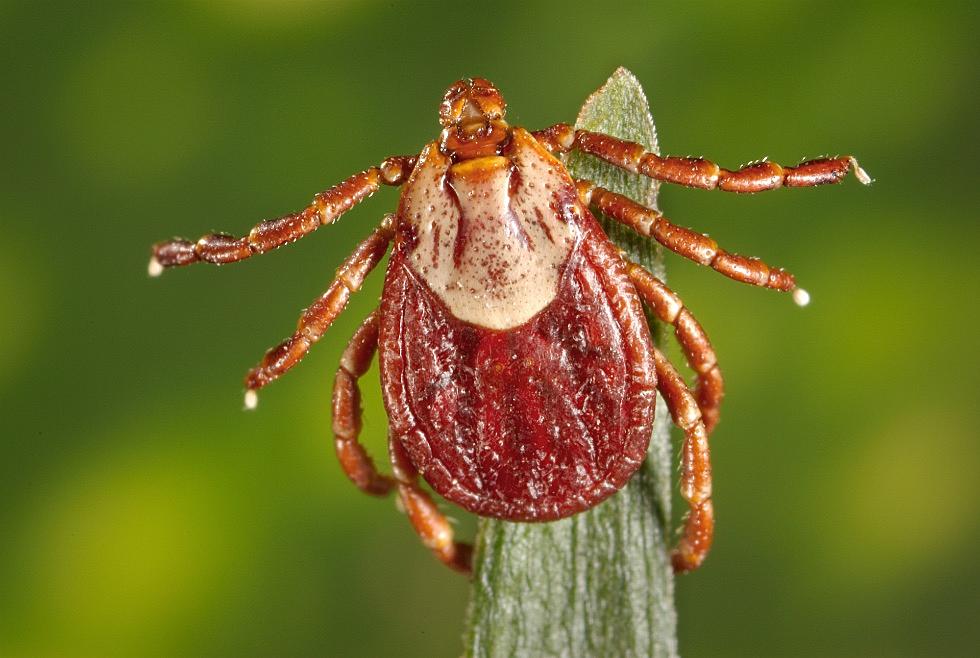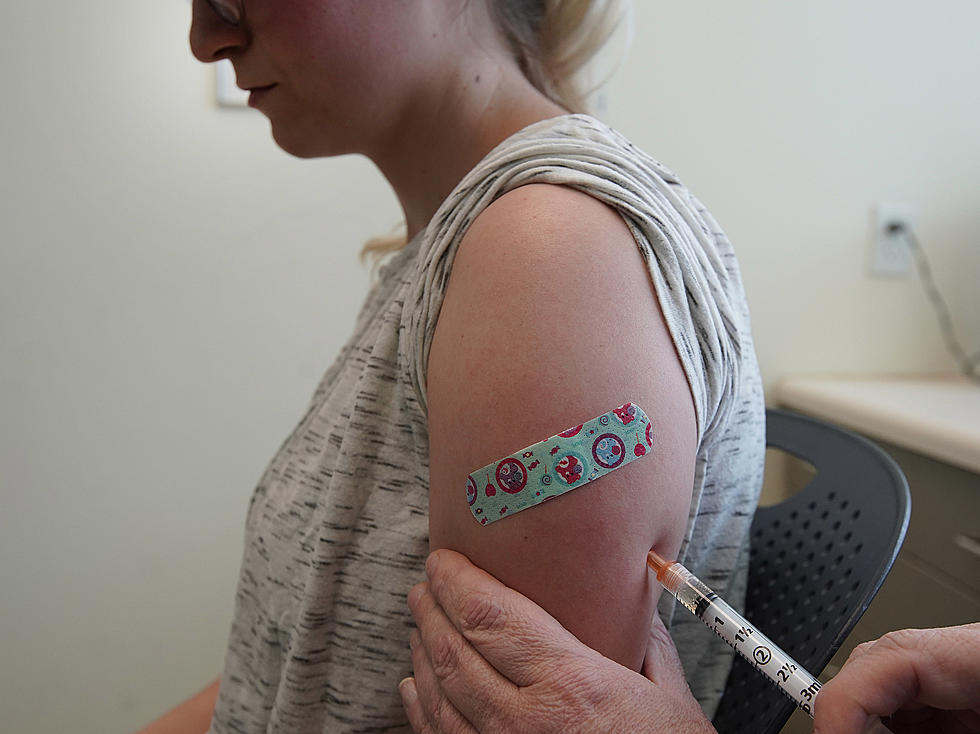
Wyoming Department of Health Reports Five Cases of Colorado Tick Fever
Five cases of Colorado tick fever have been identified in Wyoming -- four in Sublette County, one in Park County -- so far this year, according to a news release from the Wyoming Department of Health.
The department typically receives reports of two cases a year, and no reported cases in some years.
Courtney Tillman, an infectious disease epidemiologist with the department, said Colorado tick fever spreads to people through bites of infected Rocky Mountain wood ticks.
According to the U.S. Centers for Disease Control and Prevention, Colorado tick fever is a viral disease. It is different from Rocky Mountain spotted fever, which is a bacterial disease spread by ticks.
The best way to prevent the disease is to avoid tick bites by taking the following actions:
- Use insect repellent, such as DEET, when outdoors.
- Wear long sleeves and pants when outdoors.
- Treat outdoor clothing, such as hiking clothing, with permethrin.
- Avoid wooded and brushy areas with high grass.
- Check for ticks after spending time outdoors.
- Apply pesticides outdoors to reduce ticks in yards.
- Clear brush, tall grass, and leaf litter from yards.
- Prevent tick bites for pets by with products recommended by veterinarians and performing tick checks after they're outdoors.
Tillman said people who find a tick embedded on themselves should not jerk or twist the tick to remove it.
“Instead, use fine-tipped tweezers to grab the tick as close to the surface as possible and steadily pull the tick upward," she said. "You’ll also want to clean the bite area and your hands with rubbing alcohol or soap and water.”
Dispose ticks by putting them in alcohol, placing them in sealed containers, wrapping them in tape or flushing them down the toilet.
Tillman said symptoms of Colorado tick fever develop from one to 14 days after a bite.
Symptoms may include fever, chills, headache, body aches and feeling tired, she said.
Some people may experience a “biphasic” fever in which they have fever for a few days, feel better for several days, and then have another period of fever.
While symptoms can last for several weeks, most people do not experience severe illness.
There is no specific treatment for Colorado tick fever.
Anyone who suspects they may have Colorado tick fever should contact a health care provider, especially because many symptoms of the disease are shared by other illnesses including COVID-19, so Tillman recommended talking with medical professionals is recommended.

See 25 natural ways to boost your immune system:
KEEP READING: See 25 natural ways to boost your immune system
More From K2 Radio









